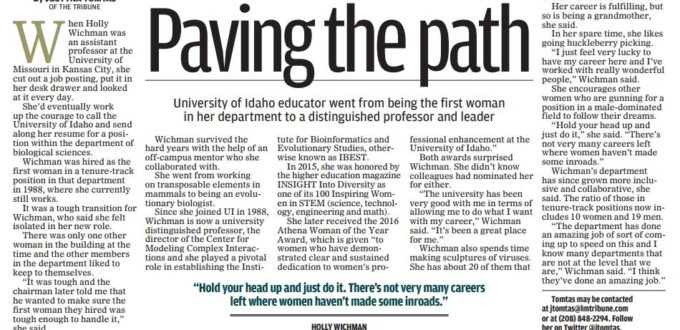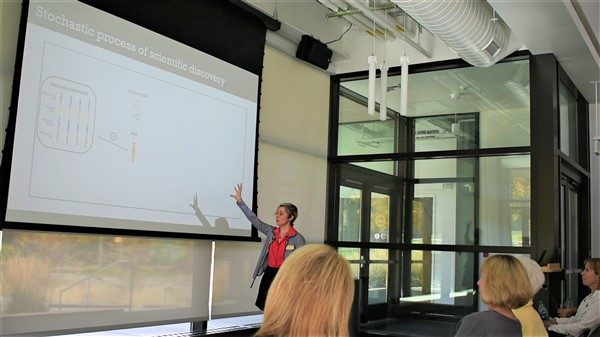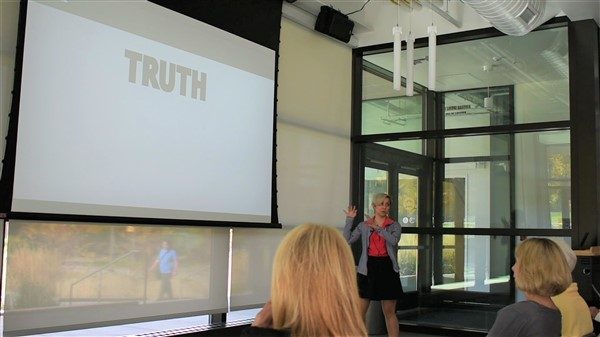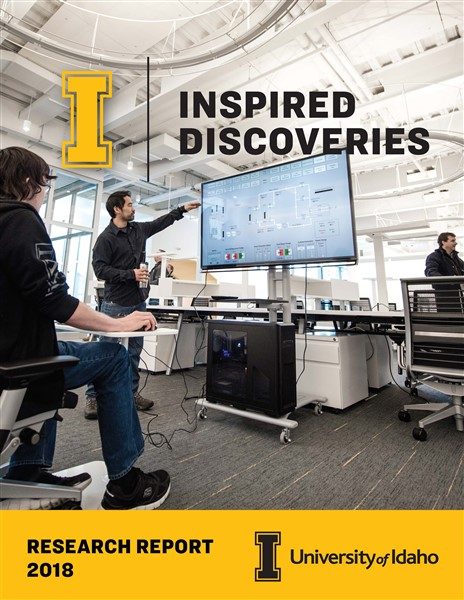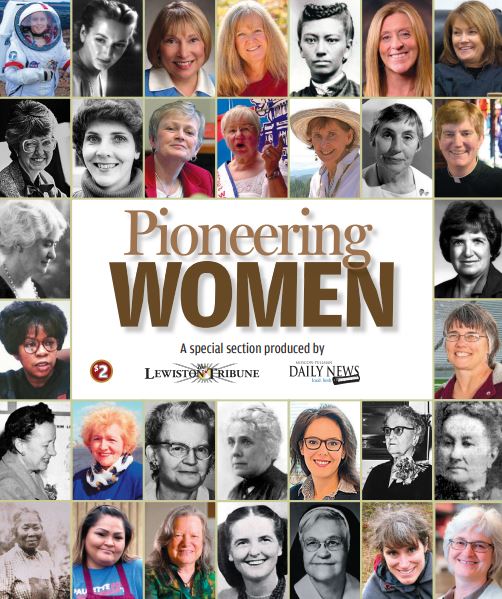
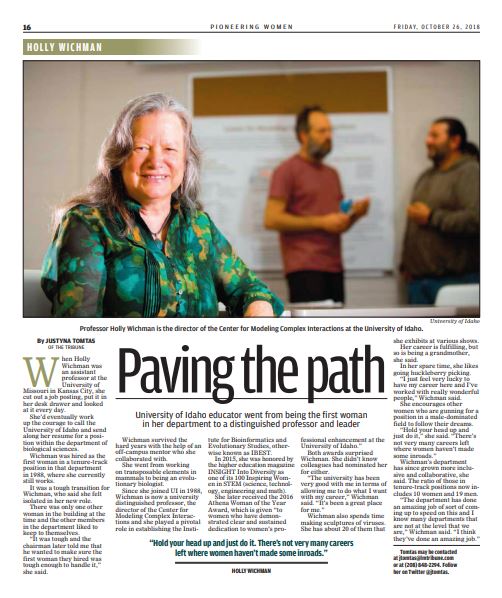
Paving the Path
University of Idaho educator went from being the first woman in her department to a distinguished professor and leader
This article was written by Justyna Tomtas and published in the Lewiston Tribune on Friday, Oct. 26, 2018. Read the original article here.
When Holly Wichman was an assistant professor at the University of Missouri in Kansas City, she cut out a job posting, put it in her desk drawer and looked at it every day.
She’d eventually work up the courage to call the University of Idaho and send along her resume for a position within the department of biological sciences.
Wichman was hired as the first woman in a tenure-track position in that department in 1988, where she currently still works.
It was a tough transition for Wichman, who said she felt isolated in her new role.
There was only one other woman in the building at the time and the other members in the department liked to keep to themselves.
“It was tough and the chairman later told me that he wanted to make sure the first woman they hired was tough enough to handle it,” she said.
Wichman survived the hard years with the help of an off-campus mentor who she collaborated with.
She went from working on tranposable elements in mammals to being an evolutionary biologist.
Since she joined UI in 1988, Wichman is now a university distinguished professor, the director of the Center for Modeling Complex Interactions and she played a pivotal role in establishing the Institute for Bioinformatics and Evolutionary Studies, otherwise known as IBEST.
In 2015, she was honored by the higher education magazine INSIGHT Into Diversity as one of its 100 Inspiring Women in STEM (science, technology, engineering and math).
She later received the 2016 Athena Woman of the Year Award which is given “to women who have demonstrated clear and sustained dedication to women’s professional enhancement at the University of Idaho.”
Both awards surprised Wichman. She didn’t know colleagues had nominated her for either.
“The university has been very good with me in terms of allowing me to do what I want with my career,” Wichman said. “It’s been a great place for me.”
Wichman also spends time making sculptures of viruses. She has about 20 of them that she exhibits at various shows.
Her career is fulfilling, but so is being a grandmother, she said.
In her spare time, she likes going huckleberry picking.
“I just feel very lucky to have my career here and I’ve worked with really wonderful people,” Wichman said.
She encourages other women who are gunning for a position in a male-dominated field to follow their dreams.
“Hold your head up and just do it,” she said. “there’s not very many careers left where women haven’t made some inroads.”
Wichman’s department has since grown more inclusive and collaborative, she said. The ratio of those in tenure-track positions now includes 10 women and 19 men.
“The department has done an amazing job of sort of coming up to speed on this and I know many departments that are not at the level that we are,” Wichman said. “I think they’ve done an amazing job.”

